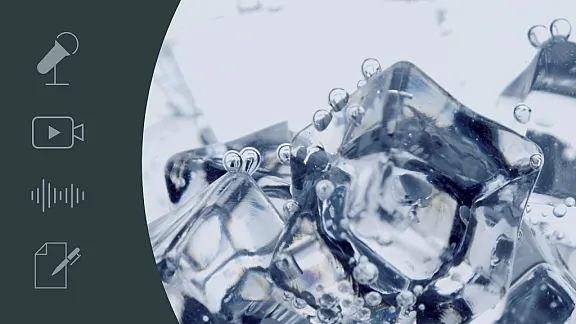Trauma, PTSD & Adverse Childhood Experiences
The links between trauma and addiction are now well-known and well-documented. Most healthcare providers and people that work in the field of substance use disorders will have seen the strong link between them during their work.
Many different life events can be described as trauma. They can include physical, emotional, or sexual abuse, natural disasters, car accidents, bereavement, domestic violence and illness. If I were to make a full list, we would have a very long article. Witnessing a traumatic event can be as impactful as experiencing one. Domestic violence is a good example of this – violence in the family home or even threats of violence and high-octane arguments can trigger a trauma response in children.
How individuals respond to traumatic events in life vary from person to person. We all experience things differently and have different levels of resilience or sensitivity to different events. The divorce of parents may be straightforward for one person to cope with emotionally, and devastating for another.
Post-Traumatic Stress Disorder (PTSD) is a diagnosable condition that can develop after experiencing or witnessing a traumatic event. There are identifiable symptoms of PTSD and they include nightmares, avoidance behaviours, hyperarousal, anxiety, depression and a sense of isolation from others. There is no better avoidance strategy than getting loaded - to self-medicate. It will bring a holiday from the pain of trauma. This is often a pain that sits below the surface. It reminds me of a movie scene, where the hero has just saved the day with a big fight, and in the aftermath, someone notices blood on the hero’s shirt, they have been hurt, but did not even realise it until it’s pointed out.
Where children experience chronic trauma or PTSD, they are at an increased risk of developing other psychiatric conditions such as affective bipolar disorder or borderline personality disorder. As adults, they are also around 3 times more likely to become addicted to drugs and develop a substance use disorder. The connection is real. Substance use helps deal with the symptoms. And as already discussed, if the drug use continues it will likely progress and symptoms will in fact increase – maybe further trauma might be experienced. And if the person comes into treatment, and stops the drug use, the trauma and the symptoms are still there – the substance hasn’t solved the issue.
Adverse Childhood Experiences (ACEs) are potentially traumatic events that occur in a child’s life from birth up to the age of seventeen. They have a well-documented effect on many different areas of a person's life. Examples of ACEs are exposure to violence, physical, emotional or sexual abuse, household dysfunction, neglect, parental abandonment (including divorce), and substance use in the home. ACEs can destabilise a child’s sense of security, safety and stability. They can affect emotional development and bonding and the consequences are felt on many levels into adulthood.
ACEs have been shown to impact a person’s mental and physical well-being. Research has shown that individuals with a history of ACEs have a reduced life expectancy and are at a higher risk of developing PTSD later in life. ACEs can lead to changes in the brain's structure and function, making individuals more susceptible to stress and trauma. Additionally, ACEs can lead to maladaptive coping strategies and behavioural changes, such as substance abuse and addiction issues, that can further exacerbate the symptoms of co-occurring disorders such as PTSD. They can result in difficulties in education, in relationships, and in many areas of life.






